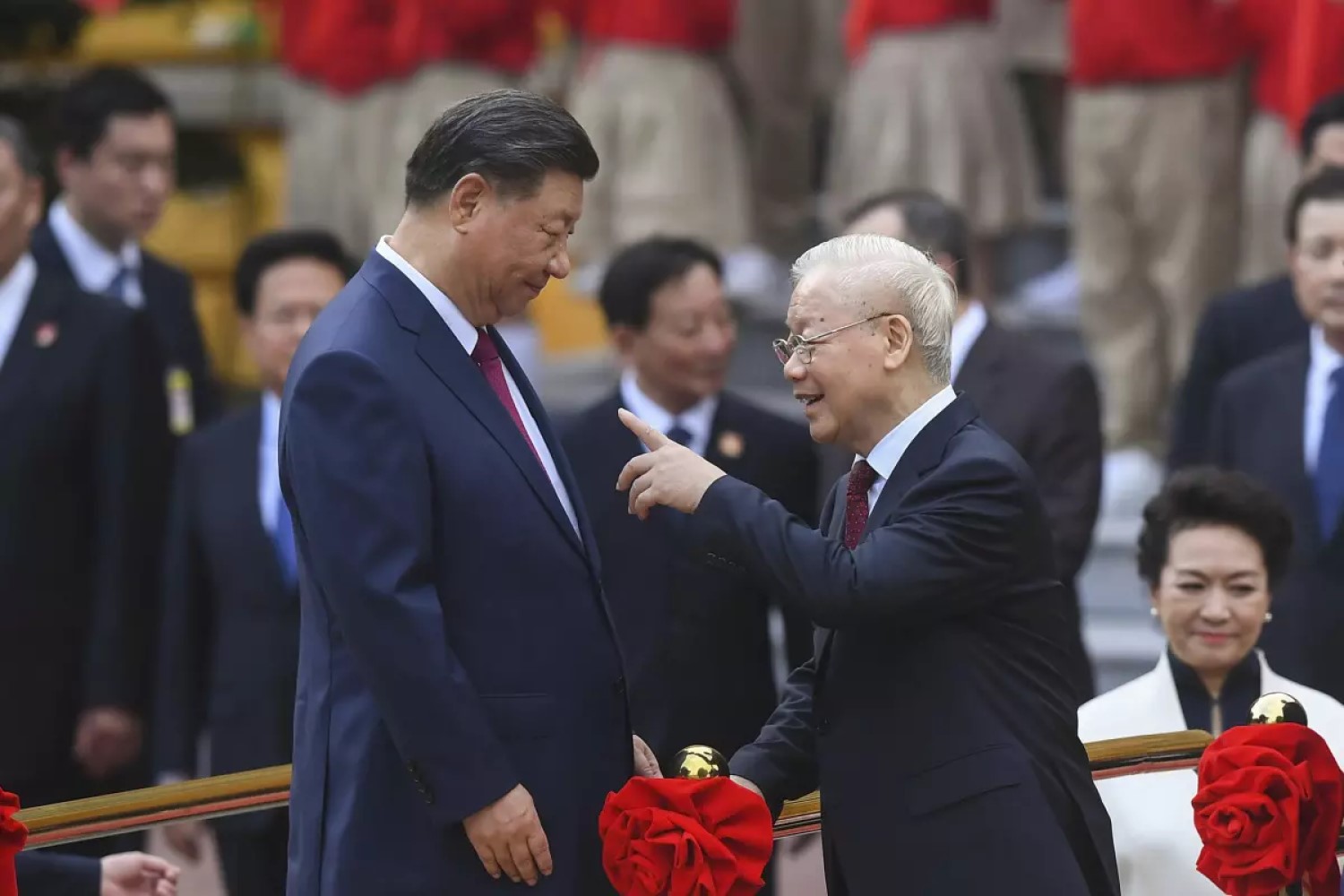
Chinese President Xi Jinping begins a visit to Vietnam today.
Given that the Chinese president only rarely visits other countries, his two-day trip to Hanoi shows the importance he personally places on strengthening relations with Vietnam. Xi will meet with his counterpart, Nguyen Phu Trong, and discuss improving economic cooperation and the two countries’ “common destiny” or opposing US interference in the region.
Although China remains Vietnam’s most important trade partner, the two countries have had a troubled relationship. China’s last war was fought against Vietnam in 1979. More recently, Beijing’s persistent claims over the South China Sea, including vast areas of Vietnam’s exclusive economic zones, have caused Hanoi to strengthen relations with Washington.
During US President Joe Biden’s visit to Hanoi in September, bilateral agreements on semiconductors and minerals were signed and US-Vietnamese relations were elevated to Vietnam’s highest diplomatic status of a comprehensive strategic partnership. The US became only the third country to obtain this status, after China and Russia.
Xi will likely attempt to weaken Vietnam’s relations with the US by offering several economically beneficial deals to Hanoi. During this week’s visit, both sides are expected to sign agreements including on a cargo railway project in the north of Vietnam under China’s Belt and Road Initiative, as well as on green tech supply chains, such as car battery manufacturing and rare earths mining. Vietnam has the world’s second largest deposits of rare earths, after China. However, Hanoi will likely continue to balance its relations with both Beijing and Washington and refuse to side with either one.
David is a Senior Analyst focusing on East Asia. He primarily writes on economic, political, and social issues and how they relate to the geopolitical environment.

